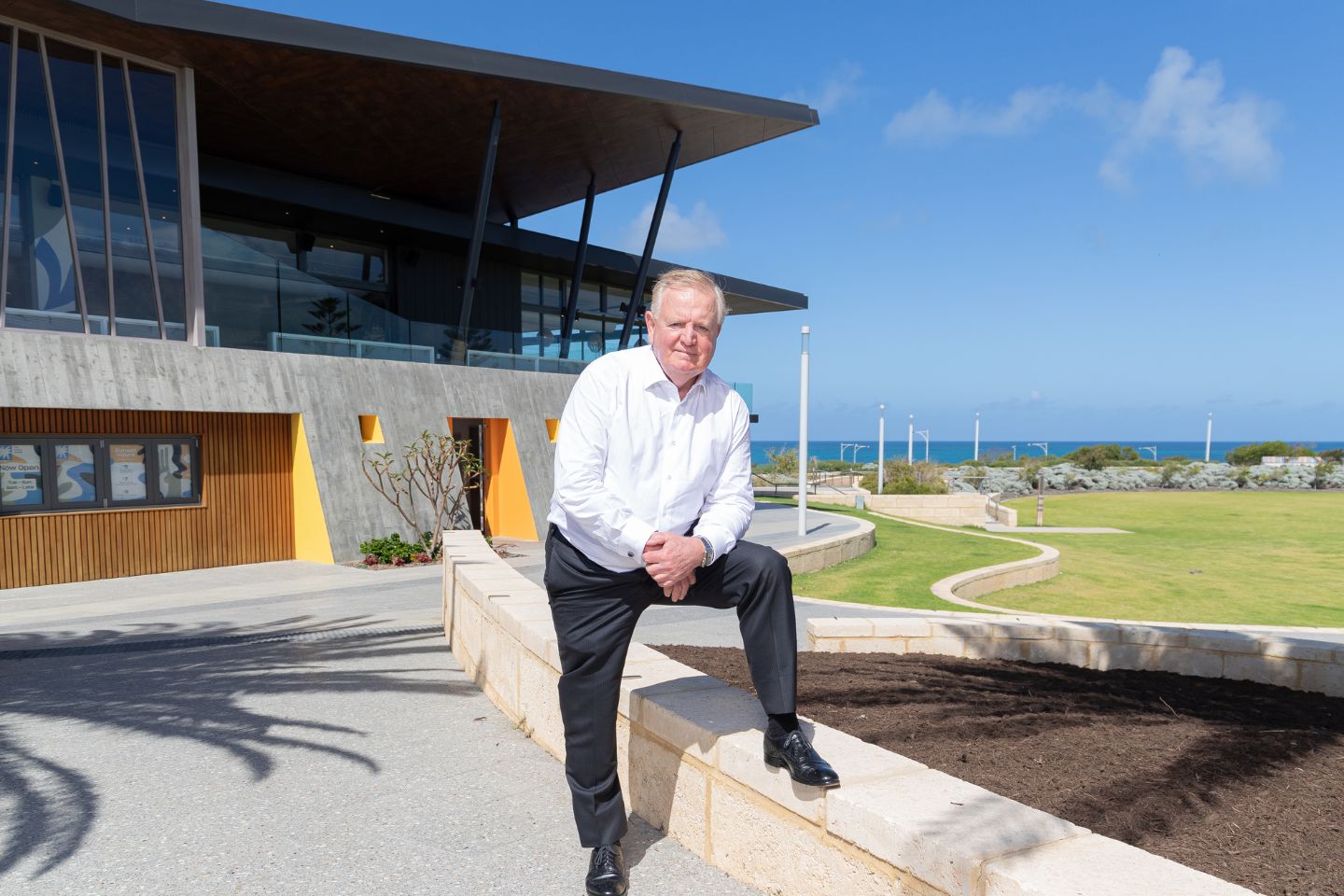
The House of Representatives appears not to have gotten its bearing right with the Green Chamber now focusing its attention more on less important things, while neglecting people-oriented bills and motions that could ameliorate the sufferings of an average Nigerian. Adedayo Akinwale writes. Ever since President Bola Tinubu declared “subsidy is gone” during his inaugural address on May 29, 2023, there hasn’t been a moment of respite for Nigerians as the current move to retool the country’s economy, albeit without a compass or a roadmap to navigate the murky waters of the fragile economy.
The Tinubu-led government had introduced several policies which the President believed would set the country on the path of economic prosperity. However, the removal of fuel subsidy and the floating of the Naira have led to high inflation. It has also successfully eliminated the middle class in the country, while pushing more Nigerians into poverty.
The National Assembly is empowered by Section 4 of the 1999 Constitution (as amended) to make laws for the stability, peace and progress of the country through instruments such as bills and motions. In line with this, the 10th House, tagged the People’s House has done a lot in this regard. It has even beaten records of some previous Assemblies, having received a total of 1,188 Bills; 679 motions and about 300 Petitions in one legislative session.
Having achieved this feat, it unfortunately beat the imagination of many that the House tagged the “People’s House” has suddenly turned to the “House of Misplaced Priorities”. The macabre dance of shame of the lawmakers in the Green Chamber should be a source of concern to all lovers of democracy. Some lawmakers joyfully sponsor motions and Bills that are purely meant to create a leeway for the politicians who might have deepened their hands in the Commonwealth of the people or even sponsor Bills for personal gratification and curry political favour.
Besides, some of the oversight functions carried out by various committees in the National Assembly were merely avenues for members of such committees to get their own share of the national cake from the Ministries, Departments and Agencies (MDAs). Not only that, most public and investigative hearings conducted by the legislative arm and the media show they put up are just meant to get their own spoils of war from MDAs who have soiled their hands. One might be tempted to ask, what was the outcome of the Niger Delta Development Commission (NDDC) probe; ditto the outcome of the various power sector probe; while also not leaving out the probe of National Agency for Great Green Wall.
The list is endless. When Nigerians were already thinking the 10th House might be a departure from the past, considering the number of Bills and motions passed in the first legislative year, the highly rated Assembly suddenly fell from the high pedestrian following some motions and Bills recently raised on the floor of the House. In August 2024, the Speaker of the House, Hon Tajudden Abbas sponsored a Bill titled the “Counter Subversive Bill” which would allow the jailing of people who embarrass or disrespect government officials.
The legislation which passed the first reading at the time it was introduced sought, among other things, to criminalise certain actions deemed to be against national security and sovereignty. The Bill includes some draconian provisions that experts believe could further stifle civic space and other democratic actors. In the said Bill, Nigerians risk a jail term of up to two years or a fine of N4 million for any action considered to demean or embarrass a public official.
The Speaker asserted that the bill falls within Nigeria’s anti-terrorism framework and aims to address subversive activities by associations, organisations, militias, cults, bandits, and other proscribed groups in Nigeria. Additionally, the bill proposed the death penalty for separatist activities that may lead to the death of anyone. The provision criminalising refusal to sing the national anthem generated the most public outrage.
Clause 8 of the Bill reads: “A person who destroys national symbols, refuses to recite the national anthem and pledge, defaces or abuses a place of worship with the intention of causing violence and subverting the Government of Nigeria, commits an offence and is liable on conviction to a fine of N5,000,000 or imprisonment for a term of 10 years or both”. Incidentally, after public outcry, the Speaker panicked and hurriedly announced the withdrawal of the controversial bill. “In response to the voices and concerns of the people, the Speaker of the House of Representatives, Rt.
Hon. Abbas Tajudeen, has decided to withdraw the Counter Subversion Bill and other related draft legislation, “This decision follows his extensive consultations with a broad range of stakeholders and a careful consideration of the nation’s current circumstances,” Abbas said in a statement. As if that wasn’t enough, on October 2, 2024, the House rejected what it described as inferior Commander of the Federal Republic (CFR) award conferred on Abbas.
It maintained that the Speaker of the House is a co-leader of the legislative arm of government, and this must be recognised and respected in all respects. The resolution of the House was sequel to the adoption of a motion titled, “multi-partisan motion on the inappropriate discrimination against the House of Representatives and the presentation of the chamber as inferior to the Senate”, moved at the plenary by Hon. Philip Agbese and co-sponsored by 235 members.
Agbese expressed concern that there is an ongoing and inappropriate culture of discrimination against the House of Representatives, often portrayed as inferior to the Senate, through language that consistently refers to the Senate as the “upper chamber” and the House of Representatives as a “lower chamber.” The lawmaker further expressed concern that this discriminatory practice was once again evidenced during the recent conferment of National Honours on the leadership of the National Assembly by President Tinubu. Agbese noted: “While expressing our gratitude to Mr.
President for recognising and honouring the leadership of the National Assembly, we note that the conferment of the title of Grand Commander of the Order of the Niger (GCON) on the President of the Senate and the conferment of the Commander of the Federal Republic (CFR) on the Speaker of the House of Representatives and Deputy President of the Senate perpetuates the inappropriate subordination of the Speaker to the President of the Senate.” He said the Chief Justice of Nigeria, who is lower in protocol ranking to the Speaker of the House of Representatives, was also awarded the GCON national honour, further exemplifying this culture of discrimination against the leadership of the House. The House thereafter resolved to: “Call attention to the ongoing discriminatory practice of referring to the Senate as the “upper chamber” and the House of Representatives as the “lower chamber,” as well as portraying the Speaker as subordinate to the President of the Senate.
“Mandates the relevant House Committees to liaise with the Presidency and propose amendments to the National Honours Act of 1964 to appropriately recognise the Speaker of the House of Representatives as co-head of the National Assembly and, accordingly, confer the national honour of GCON upon the Speaker, ensuring parity in recognition with the President of the Senate. This should be accomplished before the formal decoration by Mr. President.
”. Just when Nigerians thought they have heard enough Bills and motions that are not directly impacting on the lives of Nigerians that the harsh economic policies of the current administration has dealt blow, the House once again introduced a Bill to establish Bola Ahmed Tinubu Federal University of Nigerian Languages. The bill, sponsored by the Deputy Speaker, Hon.
Benjamin Kalu, and eight others, was aimed at establishing a university for the promotion of the learning of Nigerian languages. Section II part I of the bill obtained provides that the university when established shall, “Encourage the advancement of learning and to hold out to all persons without distinction of race, creed, sex or political conviction, the opportunity of acquiring a higher education in Nigerian languages and cultures.” The Bill also aims to “Develop and offer academic and professional programmes leading to the award of diplomas, first degrees, postgraduate research and higher degrees with emphasis on planning, adaptive, developmental and productive skills in the field of Nigerian languages and cultures.
” Many believed that if these are the kind of Bills and motions that the so-called representatives of the people are presenting in the Green chamber, then it would be inappropriate to tag the 10th House as the “People’s House”..










